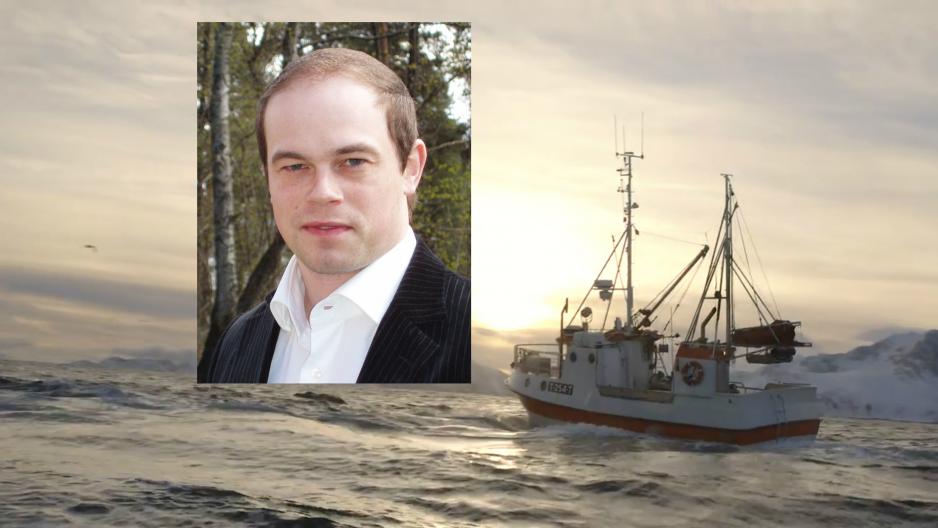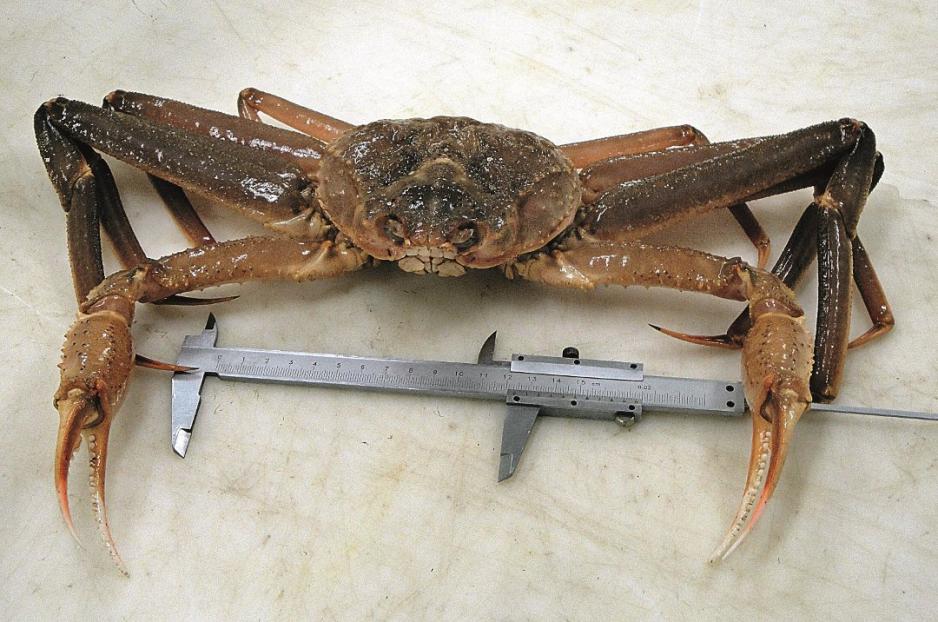- Snow Crab Verdict As Expected

The Norwegian Supreme Court has ruled that a Lithuanian vessel’s catching snow crab on the Norwegian continental shelf was illegal. – An expected verdict, says law expert Øystein Jensen of the Fridtjof Nansen Institute (FNI).
- The catching of snow crab took place on the Norwegian continental shelf where Norway holds the sovereign right, according to public international law, to regulate the management – including catching – of snow crab. I agree with the court that Norway’s participating in the NEAFC Convention does not imply agreeing to allowing vessels with Lithuanian permission to catch snow crabs in the so-called ‘loop hole’, Jensen says.
- The court case placed Norway’s sovereign right to natural resources on the Norwegian shelf at stake. Are they still, or is this a kind of end of discussion when it comes to the EU, which disputes the Norwegian sovereignty?
- Whether or not the shelf around Svalbard is included in the Svalbard Treaty regime, and through that whether Norway holds an obligation to award other countries the same position as Norway when it comes to exploiting resources in that area, is a recurring issue. So when it comes to the EU, which is interested in catching snow crab on the Svalbard seabed, this will not be the end of discussions. The Svalbard shelf may be the next episode, says the law expert. Prior to the ruling he argued that the EU must realise that Norway decides over Svalbard waters.
- This verdict may sour the foreign policy relationship between Norway and the EU should the EU uphold its view that Norway does not have the right to enforce its sovereign rights on the shelf and prosecute foreigners who violate these rights, Jensen says.

A case for the state, the captain and the shipowners
- Nevertheless, a Supreme Court ruling does not decide the issue about interpretation of the Svalbard treaty, Jensen adds.
Because the supreme court case is a Norwegian criminal case between the State on the one hand and the captain and the shipowners on the other. The supreme court rule is the final decision on the matter, the fine as well as penalties have to be paid and there is no appeal option.
- It would be interesting if the supreme court had to rule on the geographical application of the Svalbard Treaty one day, however, one has to distinguish between national court decisions and public international law, Jensen says.
The Supreme Court avoided the Svalbard Treaty
Professor of Law at the University of Oslo, Geir Ulfstein, was not surprised that the Lithuanian shipowners were convicted of illegally catching snow crab on the Norwegian continental shelf.
- Norwegian law applying to the Norwegian continental shelf in the ‘loop hole’ was not a surprise. However, the Supreme Court conveniently avoids saying anything about whether or not the Svalbard Treaty applies to this area, Ulfstein says.
He assumes that the snow crab catching took place in an area characterized as the Svalbard shelf, not the mainland shelf.
- There is international dispute over the Svalbard Treaty and thereby also over the principle of equal treating, which applies to the Svalbard shelf. If the principle of equal treating applies, it will be hard to exclude other states from catching licenses awarding, says the law professor. Prior to the Supreme Court case he argued that the snow crab conflict in the Svalbard zone could have significant ramifications.
- Not only for the catching of snow crab, but also for the oil and gas exploration, the law expert says.
Les artikkelen på norsk
